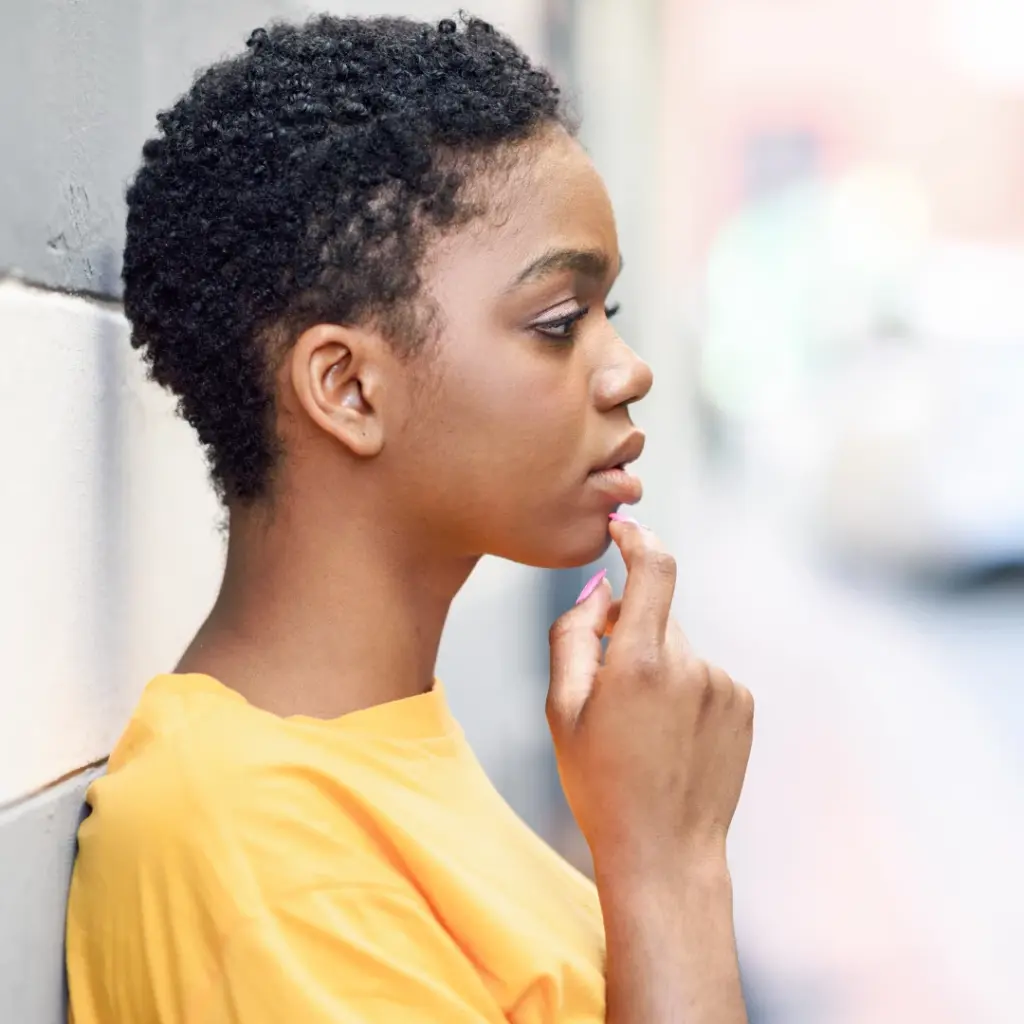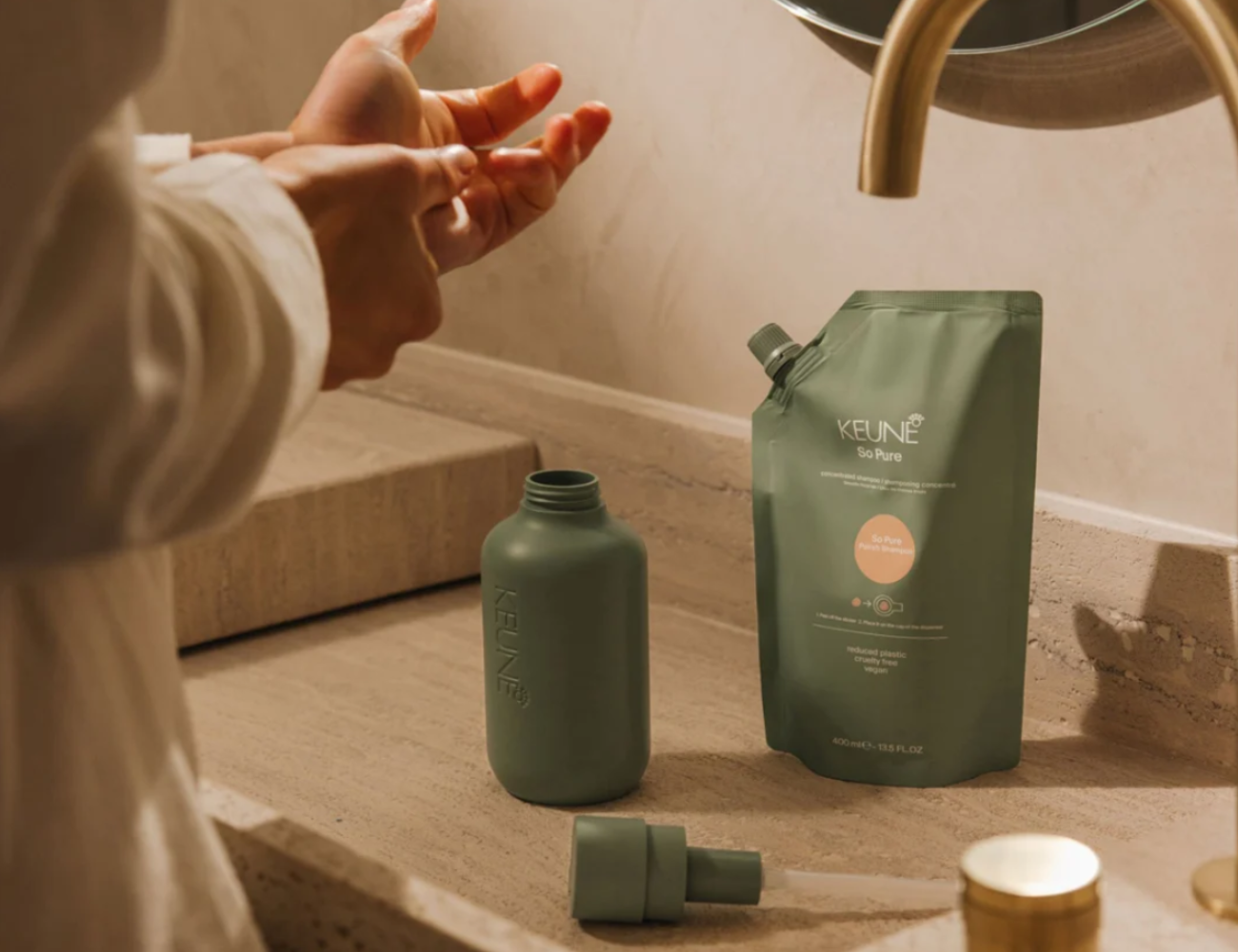
Mental health is a vital aspect of our overall well-being, and it can have a significant impact on our physical health, including the health of our hair. As a black woman, it’s essential to take care of your mental health to ensure that you’re not only feeling good but also looking good.
One way that mental health can impact hair health is through stress. When we’re stressed, our bodies release a hormone called cortisol, which can cause hair loss or thinning. This can be especially concerning for black women who may already be dealing with hair breakage or damage due to the use of harsh chemicals or heat styling tools.
As a black woman, hair can be an essential aspect of our identity, and any changes or damage can be distressing.
In this article we’ll discuss how your mental health affects your hair and what you can do about it.
Stress and Anxiety
Stress and anxiety can cause hair loss or thinning. When we experience stress, our bodies release a hormone called cortisol, which can lead to hair follicles prematurely entering the resting phase and causing shedding. Anxiety can also lead to over-manipulation of hair, such as excessive combing or pulling, which can lead to breakage and damage.
Depression
Depression can also impact hair health. A lack of motivation to care for hair can lead to neglect and damage. Additionally, some medications used to treat depression can cause hair loss as a side effect.
Can Anxiety and Depression Cause Permanent Hair Loss?
Some people may experience hair loss as a result of depression or anxiety. However, in many instances the hair loss is only temporary. Temporary hair loss due to depression is called telogen effluvium. It occurs when there is a disruption in the normal growth cycle of hair follicles, leading to increased shedding or thinning of hair. This can be triggered by various factors, including stress, medication, illness, hormonal changes, and nutritional deficiencies.
The good news is that hair loss due to depression is usually temporary.
With proper treatment and management of mental health issues, hair growth can return to normal. However, in some cases, hair loss can be permanent if there is prolonged damage to the hair follicles.
What Can You Do?
If you’re struggling with hair loss due to depression or anxiety, here are a few things you can do to help:
Seek Help from a Mental Health Professional
It’s essential to seek help from a mental health professional to address the root cause of your hair loss. A therapist or counselor can help you manage symptoms of depression or anxiety and reduce stress levels.
Make time to do things that make you feel good, like exercising, meditating, or indulging in a relaxing hobby. Self-care practices can help reduce stress levels and improve your mental health.
Eating a well-balanced diet rich in vitamins and nutrients can promote healthy hair growth. Consume foods high in iron, protein, and biotin, which are essential for strong hair.
Use Gentle and Nourishing Hair Products
Avoid using harsh chemicals or treatments that can further damage your hair. Use gentle and nourishing hair products that will not harm your hair.
Essential Oils for Hair Restoration
Certain essential oils, such as lavender and peppermint oil, can help restore hair growth when used with scalp massages. These oils can improve blood circulation, reduce inflammation, and promote hair growth. Massaging your scalp for just 2-3 minutes a day with essential oils can also help reduce stress and improve your mental health.
Final Thoughts
Hair loss is a common symptom of depression and anxiety, but it’s not permanent. Seek help from a mental health professional, practice self-care, eat a balanced diet, and use gentle hair products. You can also incorporate essential oils into your hair care routine to help restore hair growth. By taking care of your mental health, you can improve your overall well-being and have healthy, beautiful hair.
The following two tabs change content below.
Brandelyn Green is the Founder of VoiceOfHair, a platform to help women of color find the best hair care products, regimens and hairstyles! Since starting VoiceOfHair in 2014 she has grown the social media platform to over 1MM+ on Instagram and Facebook. As a natural who is also a salon goer, she wanted to create a platform where people could find the best products, hairstylists, advice and trends.






